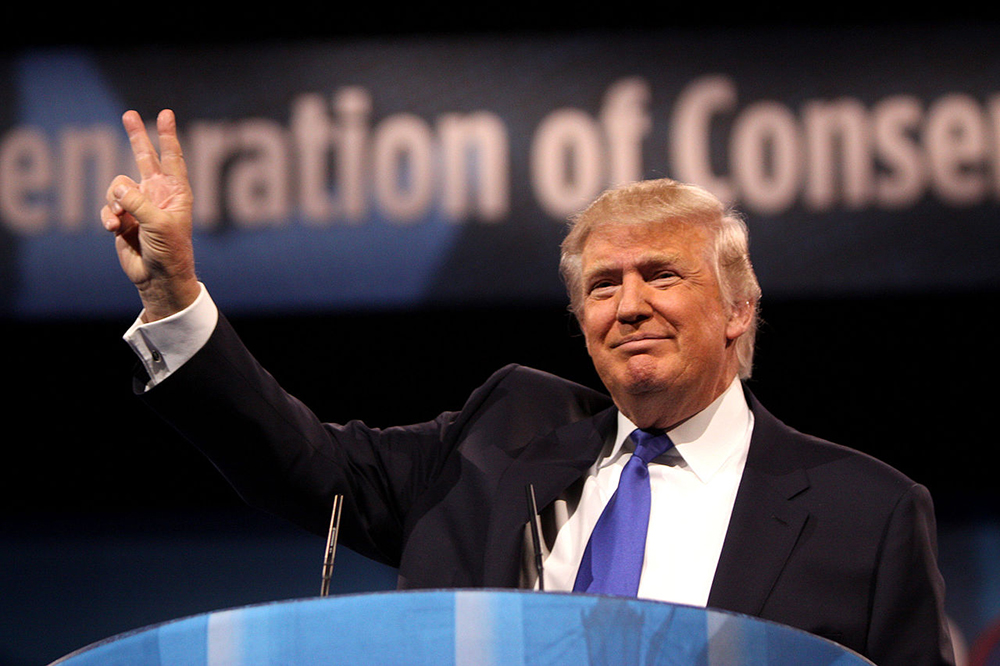A majority in nearly every demographic agree, “A big problem this country has is being politically correct.” According to a survey by Fairleigh Dickinson University, 68 percent of Americans agree political correctness is a big problem. This included 62 percent of Democrats, 68 percent of independents, 81 percent of Republicans, 72 percent of whites and 61 percent of nonwhites.
But the question of what “political correctness” is and why it is so unattractive to so many people remains unanswered.
Thought Policing
To proponents of political correctness, it is a way to avoid continuing the victimization of marginalized groups by using less offensive language. Critics, however, liken it to censorship or a type of thought policing that hinders frank discussion of sensitive topics.
Reasonable people want neither thought policing nor the marginalization of their fellow man. But if political correctness is one or the other, it seems we must accept one evil to end another.
But we do not have to accept or reject political correctness or any idea as an indivisible entity.
To both protect the ostracized and encourage freedom, PC advocates and opponents must work together towards nuanced application and understanding of the other side.
Core Identity
The issues most prone to the influence of political correctness are issues dealing with aspects of core identity — race, gender, sexuality and religion — and have historically been sources of discrimination. Because of this, these issues undoubtedly require understanding and respect.
But as the U.S. debates issues like affirmative action, women in combat and Islamic terrorism, the range of opinions varies widely — as do motivations. There are certainly many who participate in these debates motivated by racism, sexism and xenophobia, many who are well-intentioned but ignorant and many who possess good conclusions and intentions.
Not all unpopular opinions are evil
Silencing opposition by generalizing it all as evil is no way to find solutions. It only produces bitterness from the misunderstood well-intended participants and fails to effectively change those with destructive attitudes. They merely bite their tongue in public and reveal their true feelings in private. We must avoid ad hominems and push towards civil debate. Please, always criticize and do not tolerate the truly evil, but not all unpopular opinions are evil.
We cannot coddle ourselves into thinking that we always stand in the right and silence offensive ideas. We must address them head-on, evaluate them and form our own conclusions. Criticizing an inherent trait like skin color or sex is not only intolerable, but evil. But criticizing ideas — all ideas, even ones we hold dear, is not only permissible, but a right we must protect.
Speaking truth in love
Yet, using offensive language for the sake of offensive language or when there are kinder alternatives constitutes not only indecent human behavior, but also un-Christian behavior. As Romans 12:18 tells us, as far as it depends on us, be at peace with all men. This means we cannot compromise truth, but we must speak it in love and not intentionally insult our fellow image-bearers. Research the proper terminology and seek to understand your opponent’s position as much as possible. You may still offend, but at least you can say you did your best to speak truth in love.
In essence, do not unnecessarily offend, do not silence the offensive, but do continue to voice and criticize ideas for the sake of the preservation of freedom.







